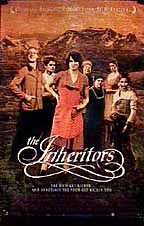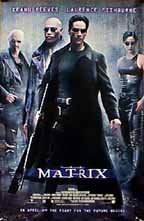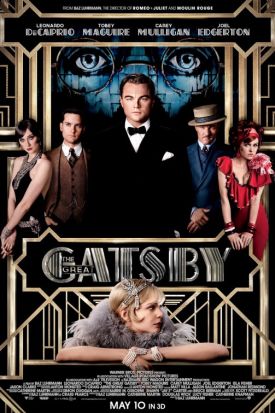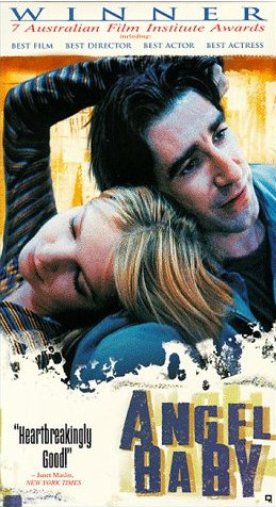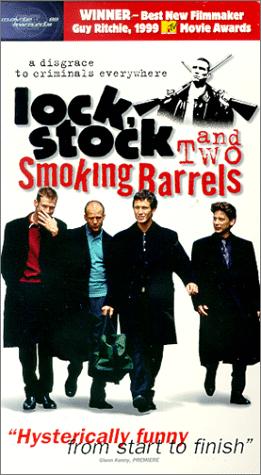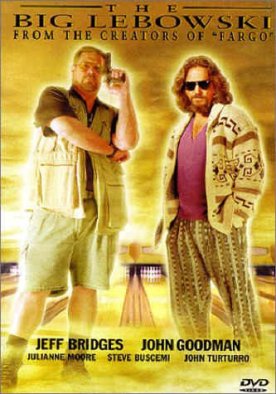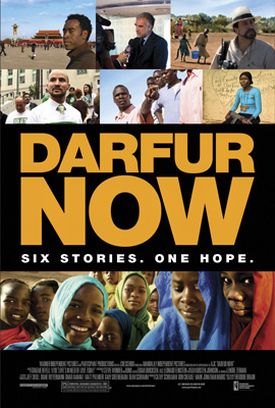Inheritors, The (Die Siebtelbauern)
The Inheritors written and directed by Stefan Ruzowitzky, is a curious
anachronism, borrowing its story (so it might seem) from some Communist
propaganda tract of the 1930s—when it is ostensibly set. It tells the
story of a group of Austrian peasants whose master, when he is murdered, is
found to have willed his farm to them as a joke, announcing that the neighbors
can kiss his hinder parts and that he is now “off to hell.” At first the
peasants retain their docility and habit of deference to authority, but
gradually they begin to think of themselves as farmers. Or rather, each of them
thinks of him or herself as one-seventh of a farmer. The real farmers
thereabouts, particularly a swine called Danninger (Ulrich Wildgruber) don’t
like this idea at all. “A peasant can’t be a farmer,” they all agree. “Something
must be done.”
There proceeds a campaign of harassment which results in the leader of the
seven, a foundling called Lukas (Simon Schwarz), being provoked to a murder of
his own and turning fugitive. In the background, as it were, we see ticking away
a little nineteenth century-style intrigue as Lukas discovers that he is the
illegitimate son of the deceased farmer and a former peasant called Rosalind
(Elizabeth Orth) who is now recognized as his murderer. This part of the story
is now so familiar, however, fitting paradigms congenial to both Victorian and
feminist moralists, that it seems to me a distraction from the main story,
rather than an enhancement of it, and only reinforces our sense of that story’s
familiarity.
For although the idea of a bunch of peasants inheriting a farm and trying to
make a go of it is itself a new and interesting one, the paths into which it is
channeled are very well-worn ones. Thus we find that the whole of the village’s
respectable society behaves contemptibly and corruptly, and that both church and
state conspire to cover-up wrong-doing by the farmers. Such unnuanced evil is
boring in itself and contributes to the boringness of the situation more
generally, since the isolation of the peasants on the one side and everyone else
on the other seems very artificial. It is difficult to believe that, as late as
the 1930s, the idea of peasant farmers would have seemed so shocking and
revolutionary, even in a remote Austrian backwater, or that peasant
dissatisfactions with a long-outdated feudal order would have needed some such
stimulus as this to be set in motion.
This is not to say that such events could not have occurred, but they don’t
look as if they fit in the frame in which they are set. Maybe if the film were
set in the 1830s instead of the 1930s it would have looked more real. There are
several excellent performances, especially those of Mr Schwarz and Sophie Rois
as Emmy, the slutty milkmaid who becomes both the brains and the heart of the
peasants’ enterprise. Mr Wildgruber is a satisfying villain, but one could wish
that he had been given a little less political grounding. When he attempts to
justify the farmers’ always-contemptible conservatism by saying that “God wants
things the way they are and always have been,” Mr Ruzowitzky would have done
better to stress his self-justification and self-deception instead of suggesting
that he speaks for the Catholic church and so is merely a cog in an oppressive
machine. And when Emmy answers that “Maybe God is getting a bit bored now,” he
might have risked just a hint of the excitement that such sentiments have
created in our century.
Discover more from James Bowman
Subscribe to get the latest posts to your email.

